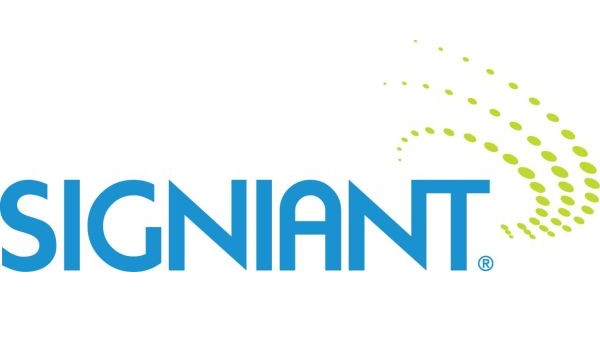Broadcasters claim spectrum reclamation is contrary to public interest
The professional video industry's #1 source for news, trends and product and tech information. Sign up below.
You are now subscribed
Your newsletter sign-up was successful

A group of television station owners has petitioned the FCC to drop its proposal to reclaim broadcast spectrum for wireless broadband services. The owners claim there is no spectrum shortage in the United States and the government’s move is both against the public interest and the law.
Calling themselves “Local Television Broadcasters,” the group is made up of owners and executives from Allbritton, Tribune, Meredith, Gray, McGraw-Hill, Nexstar, Granite and almost two-dozen other station groups. Their reply comments to the commission were on the subjects of reclamation, channel sharing, boosting VHF reception and the spectrum shortage.
Saying the FCC’s approach is the wrong way to go, the owners said that if the FCC continues this approach it would be “arbitrary, capricious and contrary to the public interest.” According to the existing Administrative Procedure Act, arbitrary and capricious is illegal.
In their harshest statements to date, the broadcasters told the FCC it can’t accomplish its proposed repacking and sharing of broadcast spectrum without causing “certain and irreparable harm to television broadcasters and viewers.”
The FCC and the Obama administration have argued that voluntary auctions are essential to free up inefficiently used spectrum and to use it to allow the U.S. economy to grow jobs through broadband wireless services. The position, outlined in the National Broadband Report, has wide support from both parties.
In spite of more than 2000 companies with over $1 trillion in revenue that have called on Congress to pass legislation allowing the FCC to conduct incentive auctions for broadcasters due to a spectrum shortage, the broadcasters claim such a shortage is not real.
Last month, 112 of the nation’s leading economists endorsed voluntary incentive auctions for the spectrum. The economists who signed this letter include Nobel Prize winners, former members of both Republican and Democratic administrations and FCC chief economists who served under chairmen of both parties.
The professional video industry's #1 source for news, trends and product and tech information. Sign up below.
Still, broadcasters don’t believe it. “The ensuing reallocation and repack are highly disruptive mechanisms, involving excessive government intervention that is an unnecessary solution to a spectrum ‘crisis’ that does not exist,” they told the FCC.
Previously, broadcasters have said they did not oppose a voluntary reclamation/auction process, but agreeing on a definition of “voluntary” with the FCC has been a difficult proposition. Broadcasters who do not choose to offer spectrum for auction may also be subject to a tax on the spectrum they continue to use.
A group of state broadcast associations, in a separate filing, also filed last week with the FCC. Though they didn’t ask the FCC to terminate the auction, they said it should be delayed until the FCC completes a “truly independent” spectrum inventory.
